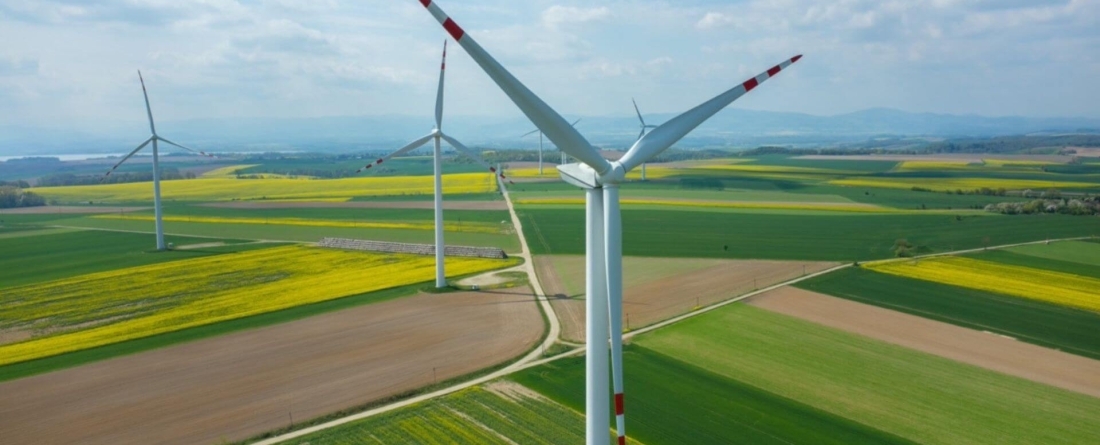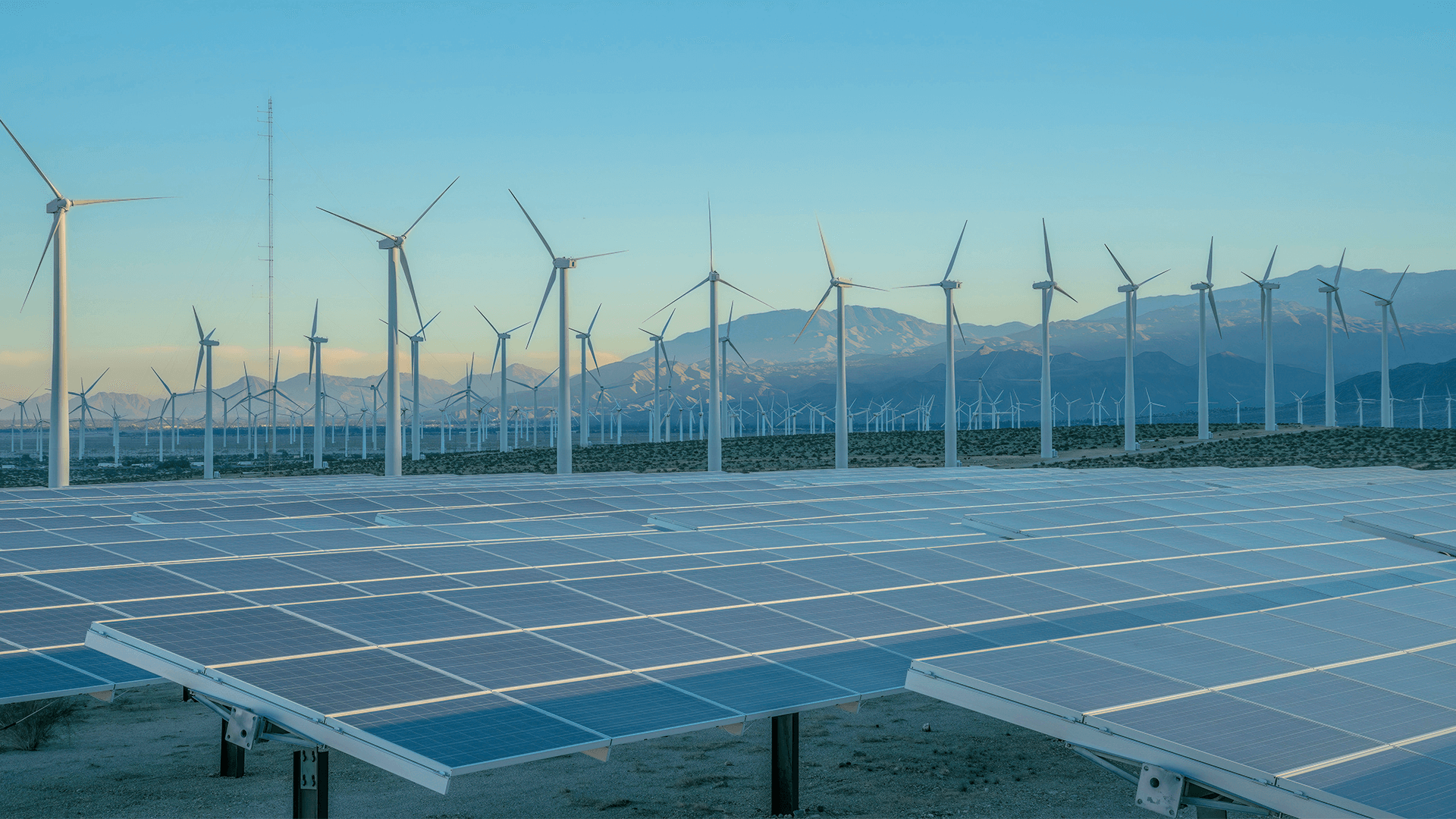
With the announcement of updated NDCs from the Biden Administration and the impending shift in federal climate action, new research from the Center for Global Sustainability highlights opportunities for non-federal leaders to advance climate action under potential federal rollbacks or inaction.
DECEMBER 19, 2024, Washington, D.C. – Today, in the wake of the Biden Administration’s announcement of the United States Nationally Determined Contribution (NDC) – which calls for a 61-66% reduction in greenhouse gas emissions compared to 2005 levels by 2035 – the Center for Global Sustainability (CGS) at the University of Maryland highlights new research that underscores the critical roles that non-federal actors from states, cities, businesses, and more could play in helping the U.S. achieve its climate targets in the case of federal rollbacks and/or inaction on climate legislation and regulations through 2028.
“CGS’s latest findings show that non-federal actors are fundamental to advancing climate action in the potential absence or rollback of federal climate policies, and can help the U.S. achieve 54-62% emissions reductions by 2035 from 2005 levels. There is also the possibility that these numbers could rise depending on the future evolution of technology costs, market forces, human behavior, and other factors,” said Alicia Zhao, Research Manager at CGS and lead author of U.S. Climate Pathways for 2035 with Strong Non-Federal Leadership. “Meaningful climate action does not solely rely on action from the federal government. With the broad-sweeping, all-of-society approach that has already taken hold around the world, states, cities, counties, businesses, and universities have showcased their ability to drive and implement substantial climate action. In the face of possible federal rollbacks or inaction under the incoming Trump Administration, our research outlines the urgency for non-federal leadership to steer the clean energy transition - a transition that has gained momentum in the last decade with the support of bottom-up efforts.”
A previous analysis from CGS shows reductions in the range of 65-67% by 2035 under coordinated, high-ambition action from federal and non-federal actors.
Future analysis will build upon the findings in the policy brief to provide updated modeling and further explore the roles that non-federal actors can play under a shifting federal climate policy landscape.
Read the full policy brief here.
###
About the Center for Global Sustainability
Through world-leading research and policy engagement, the Center for Global Sustainability at the University of Maryland seeks to change the way that governments, businesses, and people see possibilities for ambitious climate action. Founded in 2016 in response to the need for research and thought leadership, analysis, and engagement to support the achievement of global climate goals, CGS established programs that advance understanding and support ambitious national and subnational climate strategies, fossil fuel phase-out, energy innovation, climate finance, and other policy priorities for the United States, China, Indonesia, India, Brazil, and other major economies. CGS works with a rich community of collaborators around the world and is housed within the University of Maryland School of Public Policy. Learn more at cgs.umd.edu.
MEDIA CONTACT:
Masooma Kazmi
masooma.kazmi@fgsglobal.com



